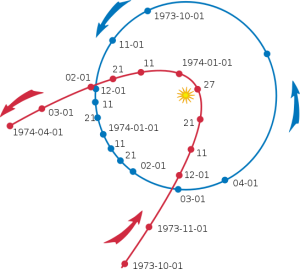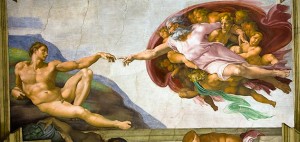 An ever-present flaw in almost all theology and apologetics–and a flaw that is easily remediable–is the requirement for omnipotence, omnibenevolence, and omniscience (OOO) on the part of the structure of God or the gods. We see this in the argumentative doldrums of the Problem of Evil, with practitioners like William Lane Craig and Richard Swinburne building-out elaborate explanatory theodicies in an effort to justify or, at least, allow for an OOO deity. There are extensional consequences, too, like Paul Draper’s argument that an OOO-deity may be obligated to create more than just a single worshipful species given the known extent of the universe.
An ever-present flaw in almost all theology and apologetics–and a flaw that is easily remediable–is the requirement for omnipotence, omnibenevolence, and omniscience (OOO) on the part of the structure of God or the gods. We see this in the argumentative doldrums of the Problem of Evil, with practitioners like William Lane Craig and Richard Swinburne building-out elaborate explanatory theodicies in an effort to justify or, at least, allow for an OOO deity. There are extensional consequences, too, like Paul Draper’s argument that an OOO-deity may be obligated to create more than just a single worshipful species given the known extent of the universe.
And what if we remedy the flaw by simply declaring that the OOO assumptions are unnecessary for deities? What if we simply loosen the requirement to something like “God is super-powerful and super-good?” Let’s call this the semi-OOO god theory or SOOO for short. Does SOOO short-circuit the most problematic issues that arise in placing the gods so far above us that we no longer resemble them at all? (an interesting side note: given Christianity’s obsession with the avatar-like character of Christ, it hardly seems aesthetically wrong to assume a flawed God).
The theological and apologetic problems do seem to evaporate, though philosophical arguments evaporate, too:
- The Ontological Argument: The premise requiring God to be the greatest possible being (Anselmian formulation) immediately goes away. Therefore, there is no Ontological Argument. God doesn’t exist, but only on the initial premise. God may still exist as an SOOO deity.
- The Cosmological Argument: No impact; the First Cause could be just about anything, as before. Only pre-scientific societies necessarily associate such a cause with an OOO deity.
- The Problem of Evil: There are actually many formulations of the Problem of Evil, and it remains debated to this day, yet the primary formulation currently fashionable among apologists requires evil (at least moral evil, but sometimes also “natural” evil) in order to provide a proving ground for our moral character.
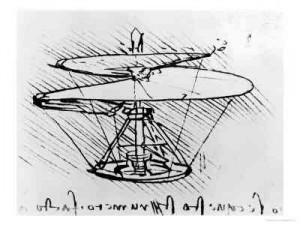
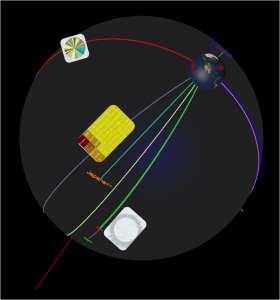
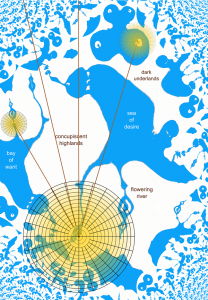
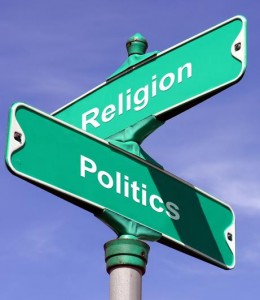
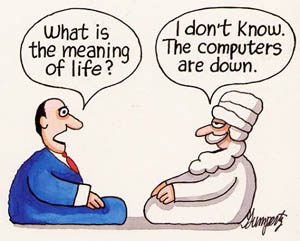 The impossibility of the Chinese Room has implications across the board for understanding what meaning means. Mark Walker’s paper “
The impossibility of the Chinese Room has implications across the board for understanding what meaning means. Mark Walker’s paper “

